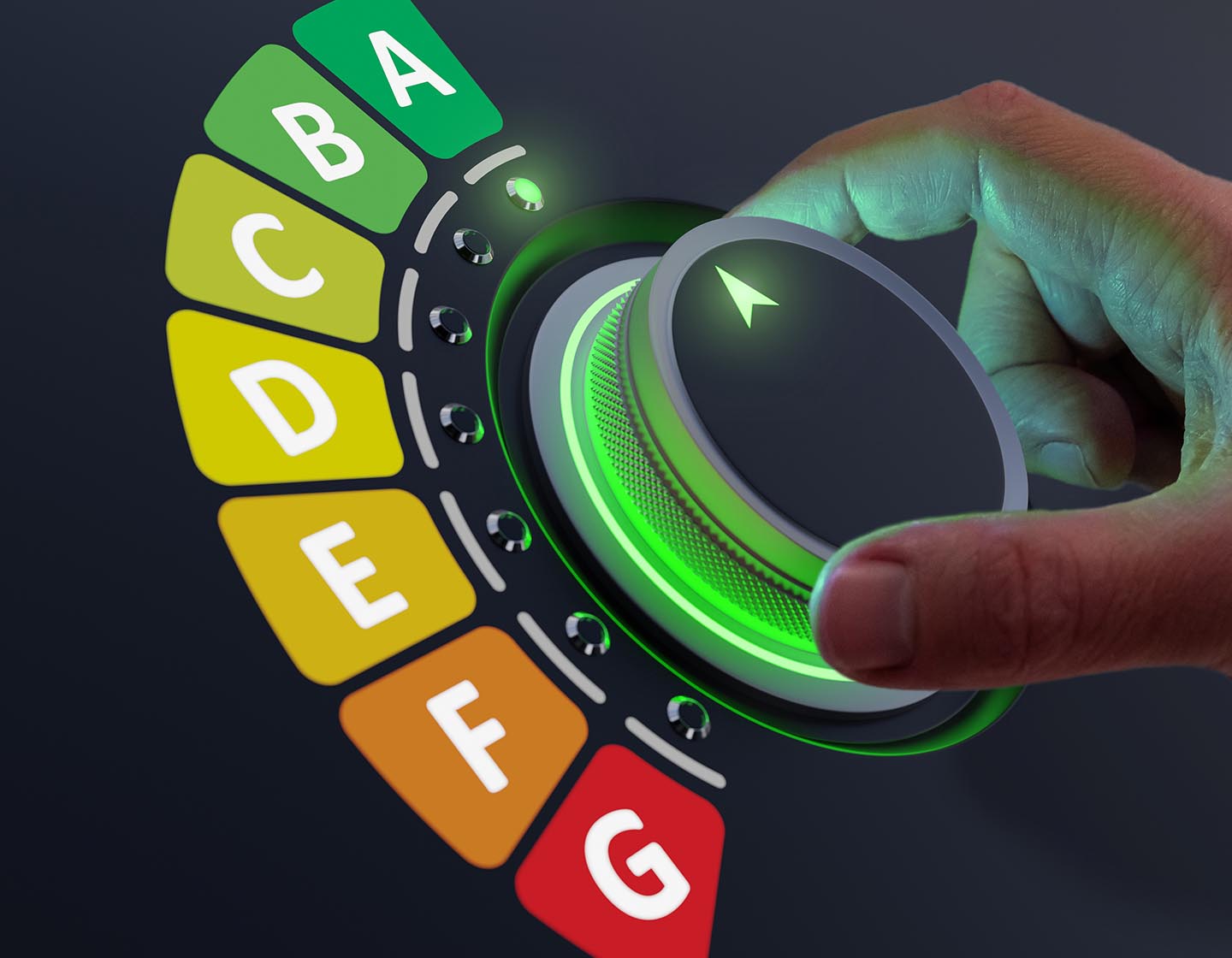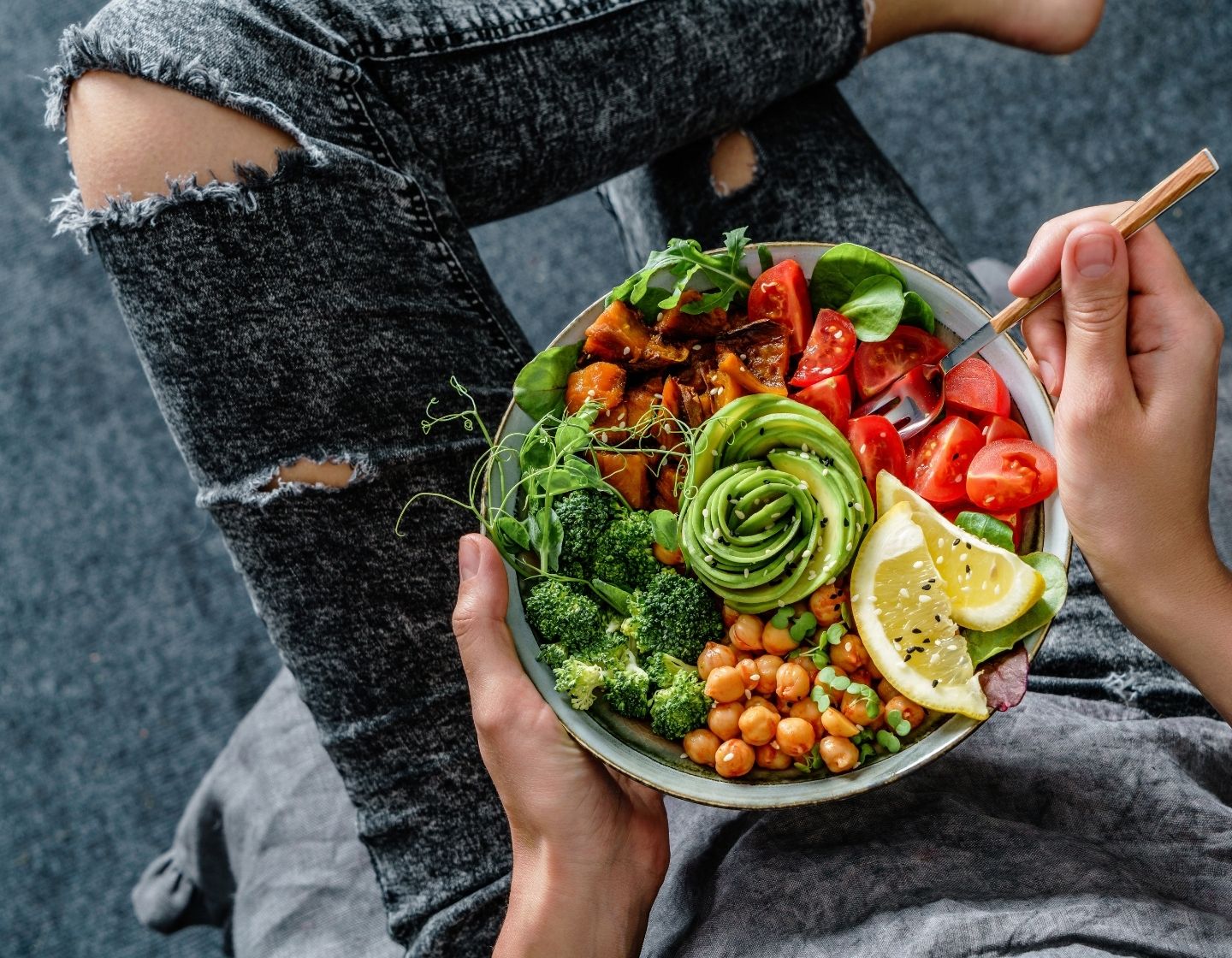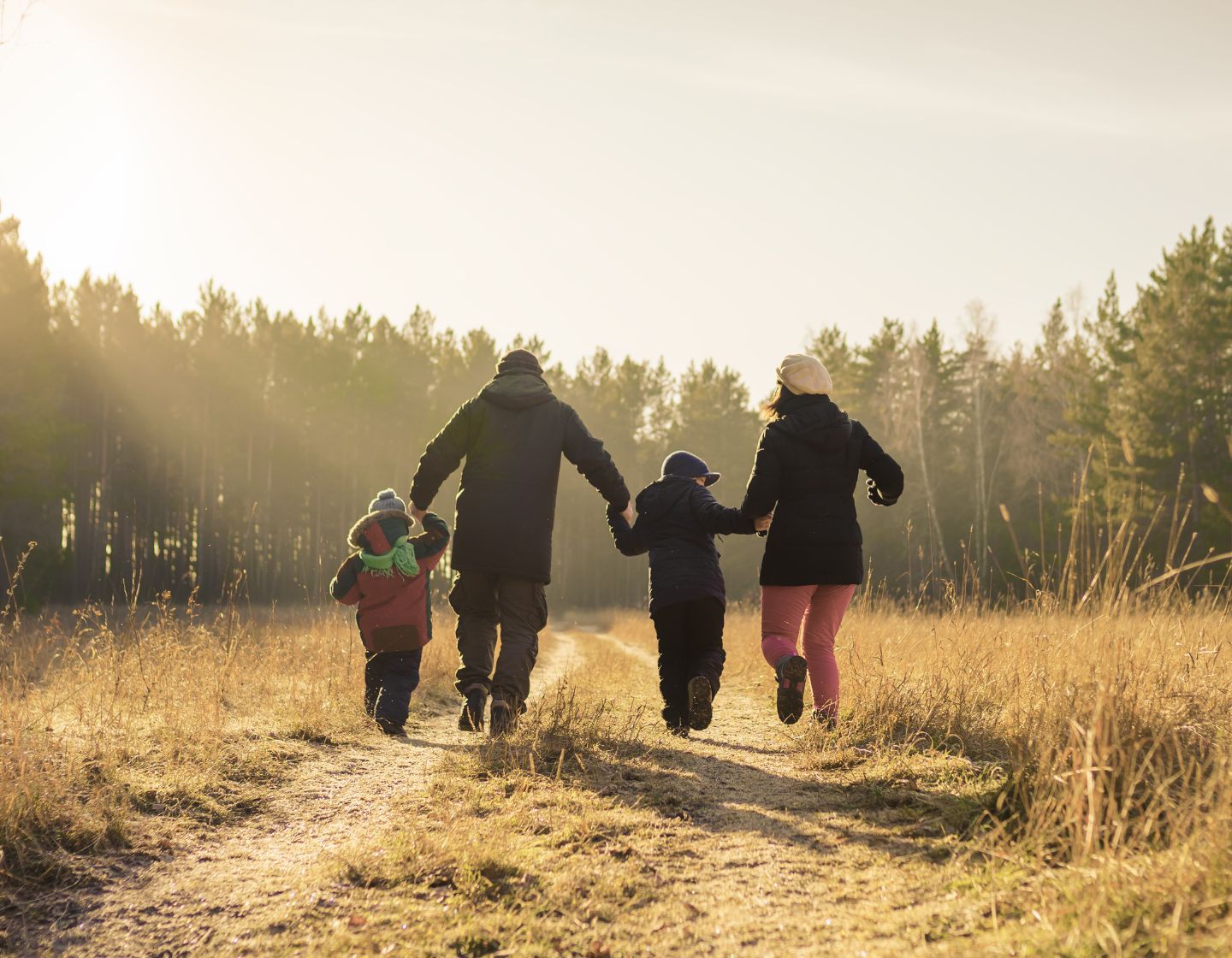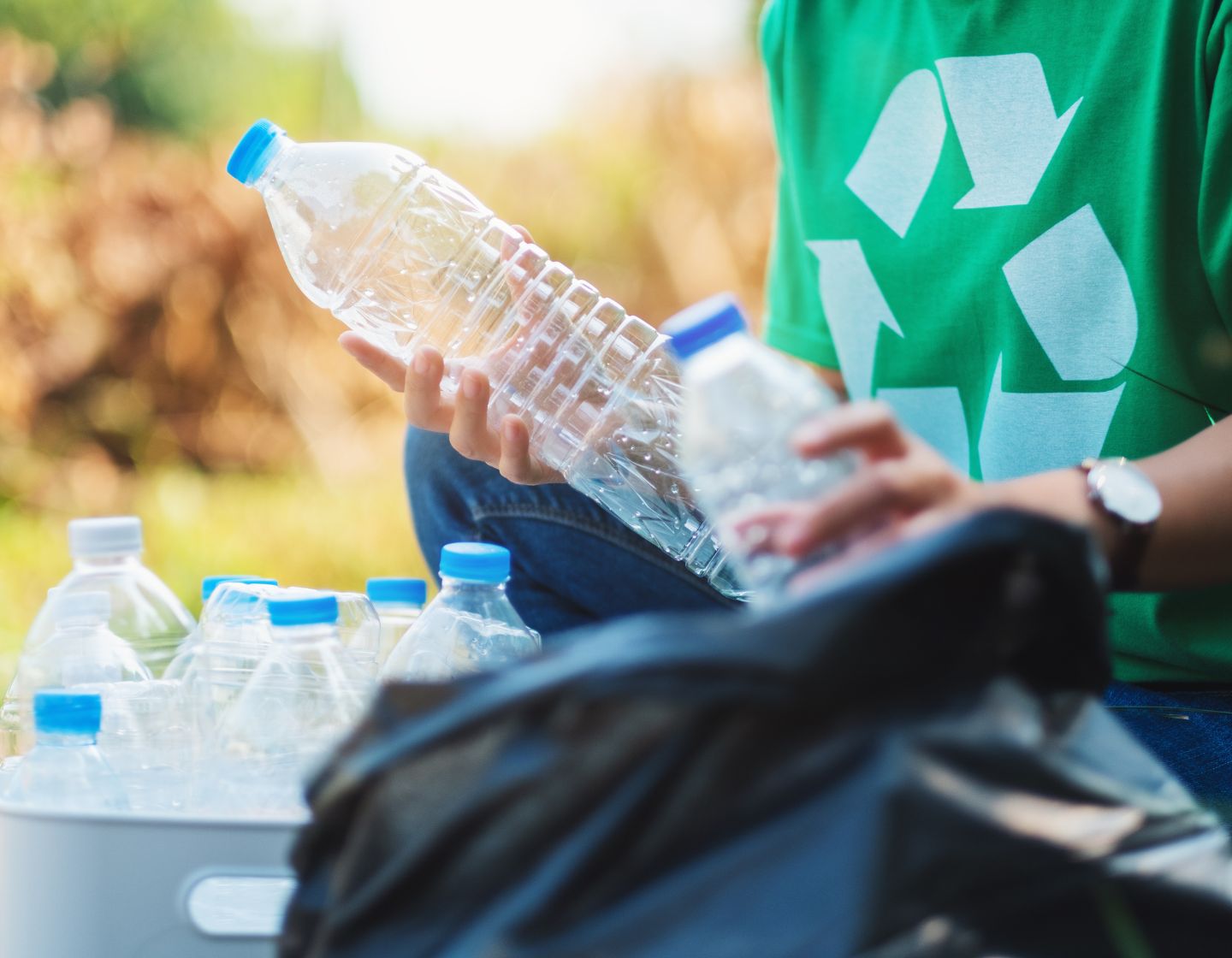Our top 5 New Year Eco Resolutions
We can make 2024 a year of eco positivity with a few easy choices that will make a difference to our health, state-of-mind and the future of the planet. Here are 5 Top New Eco Resolutions to adopt with tips on how to change for the better.
Use less water
From space, it looks like we’ve got more than enough water for everyone and for all time but in fact, there is less than 1% accessible fresh water. For example, the Antarctic ice sheet holds about 90% of the fresh water on the Earth’s surface.
The water in our systems is constantly being recycled and the planet doesn’t lose any, but availability and the increasing demand on supply means a growing strain on this fundamental resource. If we don’t change the way we use water, we could face water shortages by 2050.
The mean average water used per person per day is 142 litres in England and Wales, 165 litres in Scotland and 145 litres in Northern Ireland.
The easiest way to save water in 2024 is to adapt your washing habits. Baths and showers use the most water in the home – around 34% of the total. While a bath can use around 140 litres of water, a low-flow shower head might use only 6 litres of water per minute. And by choosing to take a 3-minute shower, the annuals savings are huge.
You can also fit an aerator to existing taps and this will mean you reduce water used by 60%. And make sure that you turn off the tap when brushing teeth or shaving – you lose around 6 litres of water per minute if you leave the tap running.
You should also check for leaking cisterns and dripping taps. A leaky toilet wastes between 200 and 400 litres of water per day – so annually that’s 72,000-146,000 litres of water. A dripping tap might waste around 5,500 litres of water a year.
It’s also worth getting a cistern displacement bag, which can displace around 1 litre of water every time you flush and they’re very simple to install. You could save up to 5,000 litres per year.
Conserving water also saves energy and cuts carbon emissions. Energy is needed to filter, heat and pump water, so reducing use also reduces your carbon footprint.
Around 18% of energy consumption in UK homes is through heating water, and about 12% of a typical home’s gas-fired heating bill is from the water for showers, baths and hot water tap.
Eco benefits are multiplied by using water more wisely, easing pressures on wetlands and rivers. Saving water means more stable and resilient habitats for birds and other wildlife.

Use less energy
Insulation and draught proofing are both inexpensive and highly effective ways to reduce energy use. Roughly 25% of domestic heat is lost through the roof while we lose 35% through the walls, 15% through the floor and 25% from windows and draughts.
The cheapest of those four energy losers to fix is the roof area, with very economical mineral wool insulation, although that is not pleasant to work with as it requires protective clothing but it gives good fire resistance and excellent sound insulation. Other greener options include sheep’s wool quilt or loose cellulose made from recycled newspaper. You also need to ensure the loft hatch is sealed.
For homes with a double layer of brickwork, cavity wall insulation is worth considering.
Your home will benefit from moves to make it as draught-free as possible, with replacement and or effective sealing of doors and windows, creating a draught lobby if practicable and fitting double glazing or secondary glazing, if regulations allow. Thermal curtains and blinds add to the energy savings – thermally lining your curtains can reduce heat loss by up to 14%.
Many households are still using traditional incandescent, old compact fluorescent or inefficient halogen, which consume a lot of unnecessary energy.
LED bulbs, however, use up to 85% less energy and have a far longer lifespan and if you buy the right ones, and they also provide a better quality of light, in some cases, they have smart features. As well as reducing your carbon footprint by switching to LED bulbs, you’ll also see a massive reduction in your energy bills.
Easy behaviour changes also make a big difference:
- Only filling the kettle by the amount of water you need. Use the cup you are going to drink from as a quick measure to fill the kettle.
- Make sure TVs and other devices are not left on standby, using energy needlessly. The UK spends £730m annually on appliances left on standby.
- Turn down the thermostat by just a degree and slash 10% off the energy usage
- Turn down hot water to 60°C
- Run the fridge at between 3-5°C
- Set washing machine to 30-40°C and try to dry clothes naturally.

Change diet choices
January is Veganuary and it’s a great chance to give up meat. Even if the idea of going to a plant-based diet is a bit of a stretch, it’s good to make some diet changes and cut back on the animal element.
A quarter of all global greenhouse gas emissions come from food and 58% of this comes from animal products. The International Panel on Climate Change says that we need to buy less meat, milk, cheese and butter, eat more locally-sourced seasonal food and throw less away.
At the same time, the OECD advises that around 70% of freshwater withdrawal is used by agriculture and the livestock sector consuming around 20% of freshwater supplies for feed production.
Globally, an average 15,400 litres of water is needed to produce 1 kg of beef and 5,990 litres to produce 1 kg of pork according to the Water Footprint Network. More strikingly, the Agriculture and Horticulture Development Board (AHDB) estimates that in England this number is 18,000 litres per kg of beef.
That compares with 290 litres of water required to grow 1 kg of potatoes or 1827 litres of water per 1 kg of bread from wheat.
You could extend to other animal-based foods and cut back to help save the planet For every litre of milk produced a cow needs to drink at least 3 litres of water. For some cows, the water requirement corresponds to 150 litres of water per day.

Eco travel
In 2019, 7% of car journeys were less than 1 mile, while a further 17% were between 1 and 2 miles, which clearly signals that nearly a quarter of all car journeys are short enough to walk in minutes.
Cars account for 61% of surface transport emissions while HGVs account for 17% and vans for another 17%. The Climate Change Committee (CCC) believes e-bikes could displace car journeys of up to 9 miles.
It makes sense to make the choice to invest in a bike and walk more. The CCC has advised that by 2050, the number of car miles travelled must be cut by 34% to meet government carbon emissions targets.

Push back on plastic
Plastic is an amazing technology which has transformed the way we live but the many benefits are balanced against the multiple harms it causes.
Around 8 million pieces of plastic pollution end up in the seas every day and it is estimated that there may be around 5.25 trillion macro and microplastic pieces floating in the open ocean, weighing up to 269,000 tonnes.
The plastic bottle thrown away after a refreshing drink can last for 450 years in the oceans, and this will break up into ever smaller bits that never degrade completely, so every single piece of plastic ever made is still there.
Roughly 5,000 bits of marine plastic pollution have been found with over 150 plastic bottles in every mile littering our UK beaches. More than an eyesore, 100,000 marine mammals and turtles and 1 million sea birds die from plastic pollution every year. Recent studies found plastic pollution in 100% of marine turtles, 59% of whales, 36% of seals and 40% of seabird species examined.
The UK’s 25 Year Environment Plan has a target of eliminating all avoidable plastic waste, to further protect marine wildlife.
The UK uses more than 35 million plastic bottles every day, so buying a reusable water bottle can drastically reduce plastic use. The UK also throws away 2.5 billion coffee cups every year, with only one in 400 being recycled so getting a reusable one is a simple step to less plastic waste.
Reusable containers are an essential part of the plastics revolution. People can also wean themselves off the clingfilm habit and endless plastic sandwich bags by choosing beeswax wraps, or vegan wrap alternatives.
Another easy way to reduce plastic waste is to carry reusable cutlery made of bamboo. And with a little planning the trip to the supermarket can be less plastic-intensive, taking bags for loose fruit, vegetables and dry goods and making the most of the bulk aisle. Using local refill shops is another clear winner.
Reuse is one of the easiest and most efficient ways to cut plastic waste. Ice-cream tubs or takeaway plastic containers can be used to organise drawers and cupboards, store leftovers, save vegetables in the freezer, and for bulk-isle shopping. And plastic bags and bottles can be reused many times.

Conclusion
Focusing on five ways to be more actively eco will not only benefit the planet but also be better for your bank balance and your health. Saving money and getting fitter by going eco is part of the New Year green deal!

